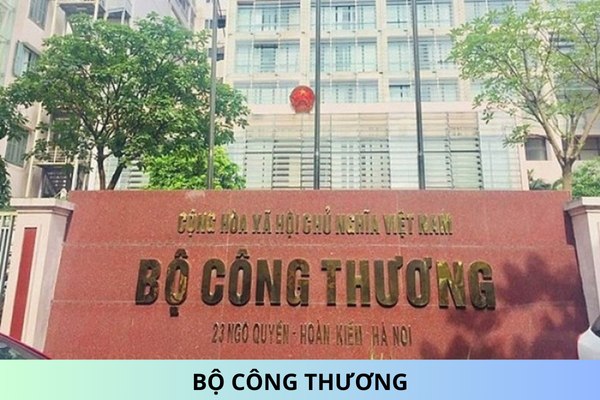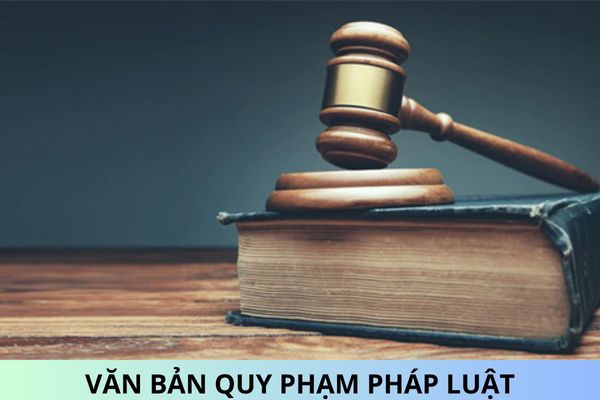Are Vietnamese who commit criminal offences outside the territory of the Socialist Republic of Vietnam face criminal prosecution in Vietnam?
Are Vietnamese who commit criminal offences outside the territory of the Socialist Republic of Vietnam face criminal prosecution in Vietnam? In which cases will Vietnamese who commit criminal offences outside the territory of the Socialist Republic of Vietnam be exempt from criminal responsibility?
Are Vietnamese who commit criminal offences outside the territory of the Socialist Republic of Vietnam face criminal prosecution in Vietnam?
Pursuant to Article 6 of the Criminal Code in 2015 stipulating effect of the Criminal Code on criminal offences committed outside the territory of the Socialist Republic of Vietnam:
Effect of the Criminal Code on criminal offences committed outside the territory of the Socialist Republic of Vietnam
1. Any Vietnamese citizen or Vietnamese corporate legal entity that commits an act outside the territory of Socialist Republic of Vietnam which is defined as a criminal offence by this document shall face criminal prosecution in Vietnam as prescribed by this document.
This clause also applies to stateless residents of Vietnam.
2. Any foreigner or foreign corporate legal entity that commit a criminal offence outside the territory of Socialist Republic of Vietnam shall face criminal prosecution as prescribed by this document if such offence infringes the lawful rights and interests of Vietnamese citizens or interest of Socialist Republic of Vietnam or under a international agreement to which Vietnam is a signatory.
3. Where a criminal offence or its consequence occurs on an airplane or sea-going vessel that does not have Vietnamese nationality at sea or outside Vietnam's airspace, the offender shall face criminal prosecution under an international agreement to which Vietnam is a signatory, if any.
As regulated above, any Vietnamese citizen or Vietnamese corporate legal entity that commits an act outside the territory of Socialist Republic of Vietnam which is defined as a criminal offence by the Criminal Code in 2015 shall face criminal prosecution in Vietnam as prescribed by the Criminal Code in 2015.
Are Vietnamese who commit criminal offences outside the territory of the Socialist Republic of Vietnam face criminal prosecution in Vietnam? - image from internet
In which cases will Vietnamese who commit criminal offences outside the territory of the Socialist Republic of Vietnam be exempt from criminal responsibility?
Pursuant to Chapter 4 of the Criminal Code in 2015 stipulating cases of exemption from criminal responsibility:
[1] Unexpected events according to Article 20 of the Criminal Code in 2015:
The person who commits an act that results in harmful consequences is exempt from criminal responsibility if such consequences cannot be foreseen or have to be foreseen.
[2] Lack of criminal capacity according to Article 21 of the Criminal Code in 2015:
A person who commits an act that is dangerous to society is suffering from a mental disease or another disease that causes him/her to lose his/her awareness or control of his/her behaviors is exempt from criminal responsibility.
[3] Justifiable force according to Article 22 of the Criminal Code in 2015:
A person who performs an act to protect oneself, others, or one's own property or the property of others from immediate danger caused by the unlawful actions of another individual.
Note: The person who uses force which is more than reasonably necessary shall face criminal prosecution according to this Code.
[4] Urgent circumstances according to Article 23 of the Criminal Code in 2015:
An urgent circumstance is a circumstance in which there is no other way but an amount of damage has to be inflicted in order to prevent a greater damage to lawful rights and interests of oneself, another person, the State or an organization.
Note: If the damage inflicted is reasonably unnecessary in the urgent circumstance, the person who inflicts such damage shall bear criminal responsibility.
[5] Infliction of bodily harm while capturing criminals according to Article 24 of the Criminal Code in 2015:
If violence and infliction of bodily harm to a criminal is the only way to capture him/her, the use of violence in this case does not constitute a criminal offence.
Note: If the bodily harm inflicted by the use of violence is obviously more than necessary, the person who inflicts such damage shall bear criminal responsibility.
[6] Risks from researches, experiments, application of technological advances according to Article 25 of the Criminal Code in 2015:
The infliction of damage during the conduction of a research, experiment or application of technological advances does not constitute a criminal offence provided the procedures and regulations are complied with and all preventive measures are taken.
Note: The person who fails to comply with the procedures, regulations or take all preventive measures and causes damage shall bear criminal responsibility.
[7] Following orders of commanders or superiors according to Article 26 of the Criminal Code in 2015:
A person who inflicts damage while following an order of his/her commander or superior in the army to perform national defense and security duties is exempt from criminal responsibility if he/she complies with procedures for reporting to the order giver.
However, if the order giver still request that the order be followed, the order giver shall bear criminal responsibility.
Note: Not applicable in cases where there is coercion or compliance with orders from a higher authority.
What are bases for exemption from criminal responsibility regarding Vietnamese who commit criminal offences outside the territory of the Socialist Republic of Vietnam?
Pursuant to Clause 1 Article 29 of the Criminal Code in 2015 (amended by Clause 1.a Article 2 of the Law on amendments to the Criminal Code in 2017), Vietnamese who commit criminal offences outside the territory of the Socialist Republic of Vietnam shall be exempt from criminal responsibility on one of the following bases:
- A policy or law is changed during the process of investigation, prosecution or trial and accordingly, the offender's act is no longer dangerous to society;
- A general amnesty is granted.
Best regards!











